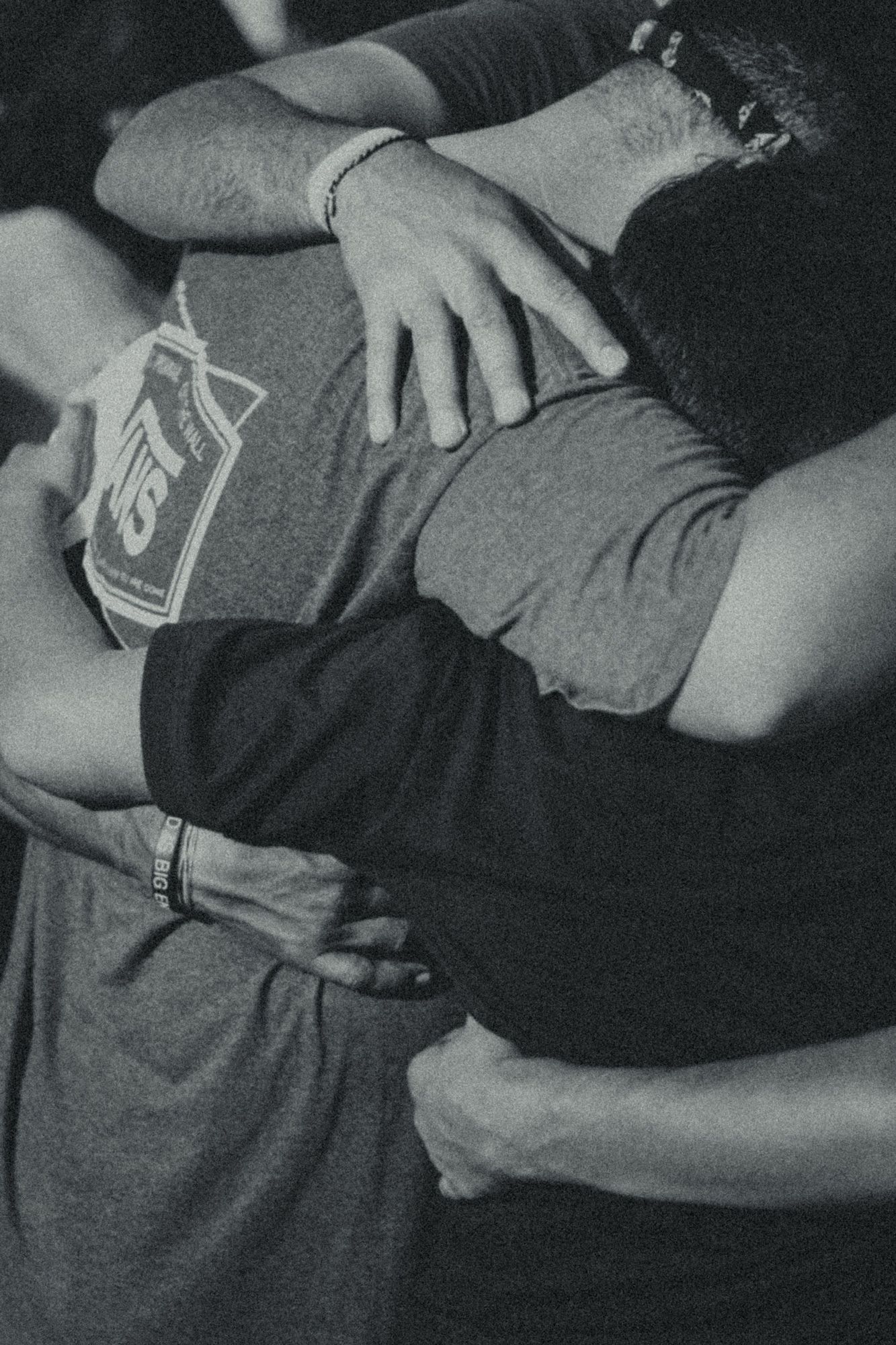How To Support A Grieving Friend
The dos and don’ts to helping people love through one of the toughest moments of their lives
The dos and don’ts to helping people love through one of the toughest moments of their lives
If you’ve clicked on this article, let me start by thanking you. Seriously. Death is a part of life. In fact, it’s the only guarantee. To live and to love means to lose and to grieve, and that is an uncomfortable truth we seldom sit with. Because let’s face it - it’s bloody bleak to contemplate our own mortality, and to imagine a life without our loved ones.
But it’s precisely the lack of conversations surrounding death and loss that causes so much extra heartache for those of us navigating grief. Nobody talks about it, so when the worst does happen, like it did to me when I lost my fiancé and my dad within the space of 10 months, the support we receive often falls short of what we actually need.
Chances are you know somebody who has lost a loved one. Maybe you struggled to know what to say to them, and that’s OK. Supporting a grieving friend asks a lot of you, and the reality is, you probably will get it wrong from time to time - and that’s also OK. You might say the wrong thing and mess up, but a willingness to at least try, knowing that you’ll make mistakes and that you’ll learn from them, goes a long way.

To help make these waters a little easier to charter, we’ve put together some simple Dos and Don’ts. There is no guidebook, but if there was one, we think it would look a little like this:
DOS
Do show up
Make sure to reach out to your grieving friend, and continue to stay in touch with them once the funeral is over. Support begins to dwindle as other people move on with their lives and return to normality, but your grieving friend still needs you.
Do talk about their person
Their loved one might have died, but their love for them didn’t. Talking about their person reminds them that they still matter. Give them a chance to talk about them, and remind them that it’s OK if they don’t.
Do take initiative
They probably can’t discern their arse from their elbow right now. Lighten their load by doing some practical jobs around the house. Cook a lasagne, wash the dirty laundry, take care of some admin. Offer to pick them up and take them out for a coffee. Even if they don’t feel up to it, they’ll appreciate the invitation.
Do give them the space to grieve
Give them permission to show up exactly as they are. If they need to cry, let them cry. If they want to sit in silence, let them sit in silence. Remember, no matter how uncomfortable it might feel for you, it will be 1000 times worse for them.
Do think outside the box
Some emotions can’t be expressed through talking alone. Your friend might welcome an opportunity to let rip and release in an unconventional way. Use your imagination. Take them to a kickboxing class. Smash some wine glasses. Get outdoors and go scream at the sky. When we’re hurting, we need to be able to fully feel the feels that we’re feeling, and apologetically. The good, the bad and the ugly.
DON’Ts
Don’t avoid them
This should be a no-brainer. If you don’t know what to say, it’s OK to say it - that in itself acknowledges the magnitude of the situation. Give them space, sure. But don’t disappear at a time they need you the most.
Don’t resort to platitudes
Statements like “they’re in a better place”, or “stay strong” don’t help. What their pain calls for is acknowledgement; for you to sit with them in the shit and to acknowledge how much it stinks, without trying to hurry them out of it. Don’t have too many expectations Your grieving friend is operating at limited capacity and won’t be the best version of themselves for the foreseeable. Be patient and cut them some slack. They’re doing the best they can.
Don’t expect them to get over it
They won't. Grief is a life-long process of integration. Your grieving friend’s loved one is no longer here, and that is always going to suck no matter how much time passes.
It’s not your job to glue your friend’s broken pieces back together. But you can still be there for them, and hold their hand as they navigate this uncharted landscape.
I think grief expert Megan Devine sums it up perfectly. “Some things cannot be fixed,” she writes.
“They can only be carried.”



















